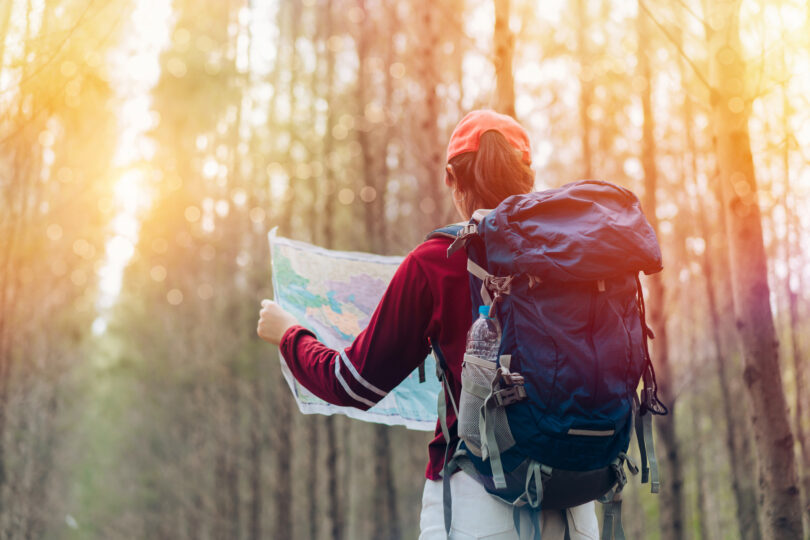While no one wants it to happen to them, even the most experienced hikers get lost. This can be because of poorly marked trails or taking unexpected detours. Whatever the reason, it is important to remain safe and try to get back on track as quickly as possible. Below, we will look at some tips on how you can stay safe and find your way back should you ever get lost hiking.
Know the Trail Well
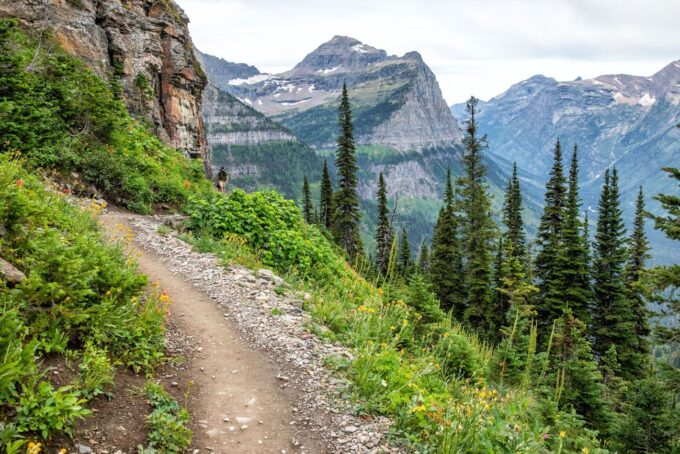
Source: earthtrekkers.com
The best way to avoid getting lost and needing to stay safe or to find your way back is to know the trail very well. Start by studying the trail and knowing everything you need to about it. You can also map it out using the available official and unofficial information.
Even when you know a trail very well, it is always a good idea to have a hiking buddy. It is possible to forget some part of the trial or get confused reading the map. This can happen if you are tired or have been hiking a trail that is unchanging so everything looks the same. The buddy can provide a second opinion and help you get out of a difficult situation quickly.
Inform People Where You are Going

Source: ieltsonlinetests.com
It is always a good idea to let someone know that you will go hiking and when you intend to do it. Give them the approximate amount of time you will be out there so they know to call the authorities should you be out for longer than anticipated. Also, check with park rangers and local forest personnel so they can tell you if there is anything you should be concerned about. This can range from challenging sections of the trail to possible locations where you can get lost.
Prepare and Stay Informed
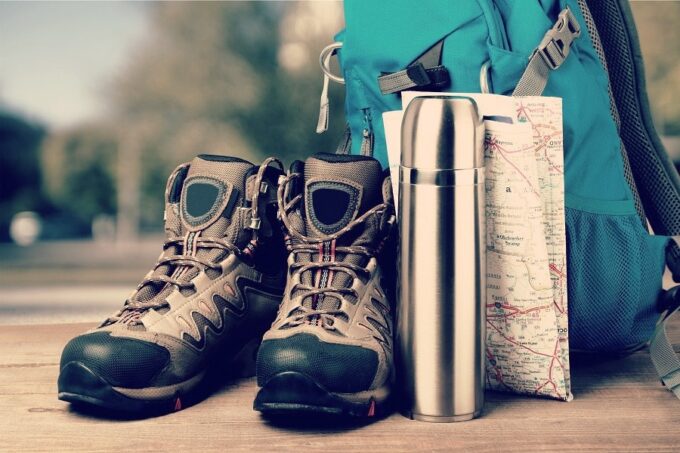
Source: myoutdoorslife.com
While it is a good idea to have a physical map and a compass with you while hiking, they will not be helpful to you if you do not know how to use them. Taking a basic navigation class will teach you how to do this, and it will come in handy in case you cannot use your phone to navigate, e.g., if it runs out of power or if you do not have a signal.
Second, take a basic survival class. These classes teach you most of what you need to know if you have to spend more time than you anticipated on your hike. They will teach you basics like sourcing for water or starting a fire and putting it out safely. Many also teach how to treat some of the more common hiking and camping injuries.
Third, pack an essentials kit. The essential kit includes things like matches, blankets, signaling mirrors, and more that you will need during the hike, and especially if you get lost. You can also carry an extra compass, power banks and have GPS apps installed on your phone.
Hiking Wisely
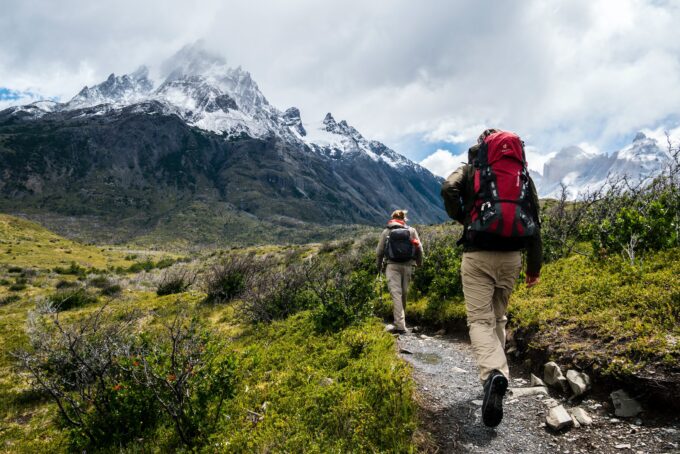
Source: unsplash.com
While the tips above will help prepare for the hike and make it easier to be found if you do, it is still a good idea to hike wisely and make good decisions when you get lost. Take as many photographs as you can and mark trails you have walked through. Both of these can be great in helping you back to the right trail quickly. They can also come in handy in letting you know if you have tried a route before so you avoid going in circles.
Second, look back and see what the trail looks like behind you. This can help you find a trail when you are walking in the opposite direction and trying to find your way out. Third, stay on official trails. It can be tempting to take a lesser-known route to be novel or to take a photograph of a new view. This is one of the ways people get lost. Also, avoid following footsteps when you get lost and try to get out on your own. It is possible someone else got lost the same way you did, and the footprints might not be leading anywhere.
If You Get Lost

Source: travelandleisure.com
It can be tempting to keep walking to try to find a way out. However, you might end up getting lost even more or going round in circles. If you do get lost, stop and think. Stay calm, do not panic, and think of the path you followed to the point you are right now. If you have the evidence discussed above, use it to get back to the right trail.
Use your compass and map to determine the direction you need to be going. It can be difficult to use a physical map right, especially when panicking, and this is why it is important to stop and think about how to get back on the right track. Lastly, come up with a course of action that will help you get back to the right trail.
If Things Go Really Wrong
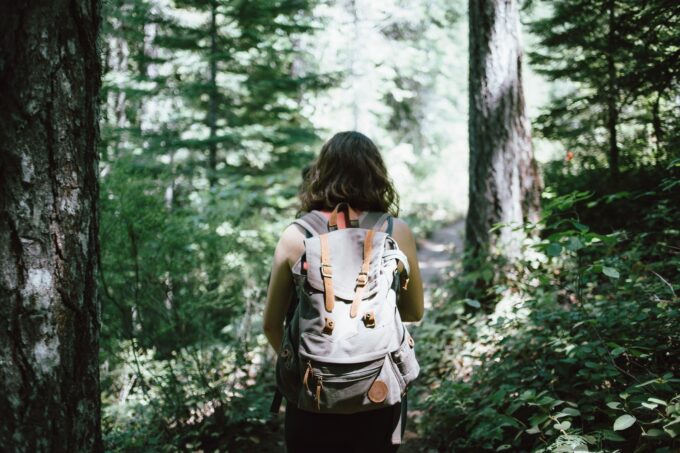
Source: unsplash.com
Even with all the preparation you do, it is still possible to get so lost that you have to spend the night in the wilderness. This is why it is always a good idea to plan ahead for this eventuality. This planning will include carrying some items and learning some best practices to help you out in a situation like this. First, always have some extra water with you. It is true that water can add a kilo or two to your backpack, but you can get used to the extra weight quickly and it is always better to have the water than not have it.
Second, know when to stop. Even when you feel like you need to keep going, your efforts are unlikely to be fruitful if you are tired and not thinking straight. Lastly, always carry a torch or headlamp and have a few extra layers with you. These items will come in very handy if you ever need to spend a night out in the open. Ensure the torch has the right colour temperature and is bright enough so you can see clearly. If you need more help with this be sure to check www.olightstore.uk. The closer it matches the colour temperature of daylight, the better. The extra layers you carry should be suited to the night conditions and temperatures of wherever you are hiking. Also, consider carrying a lightweight tent, especially if you are hiking a new trail.
When going on a hike or an outdoor tour, being prepared is the best way to avoid getting lost. However, it is still important to know how to get back on the right track and what to do if you are not able to do so immediately.

